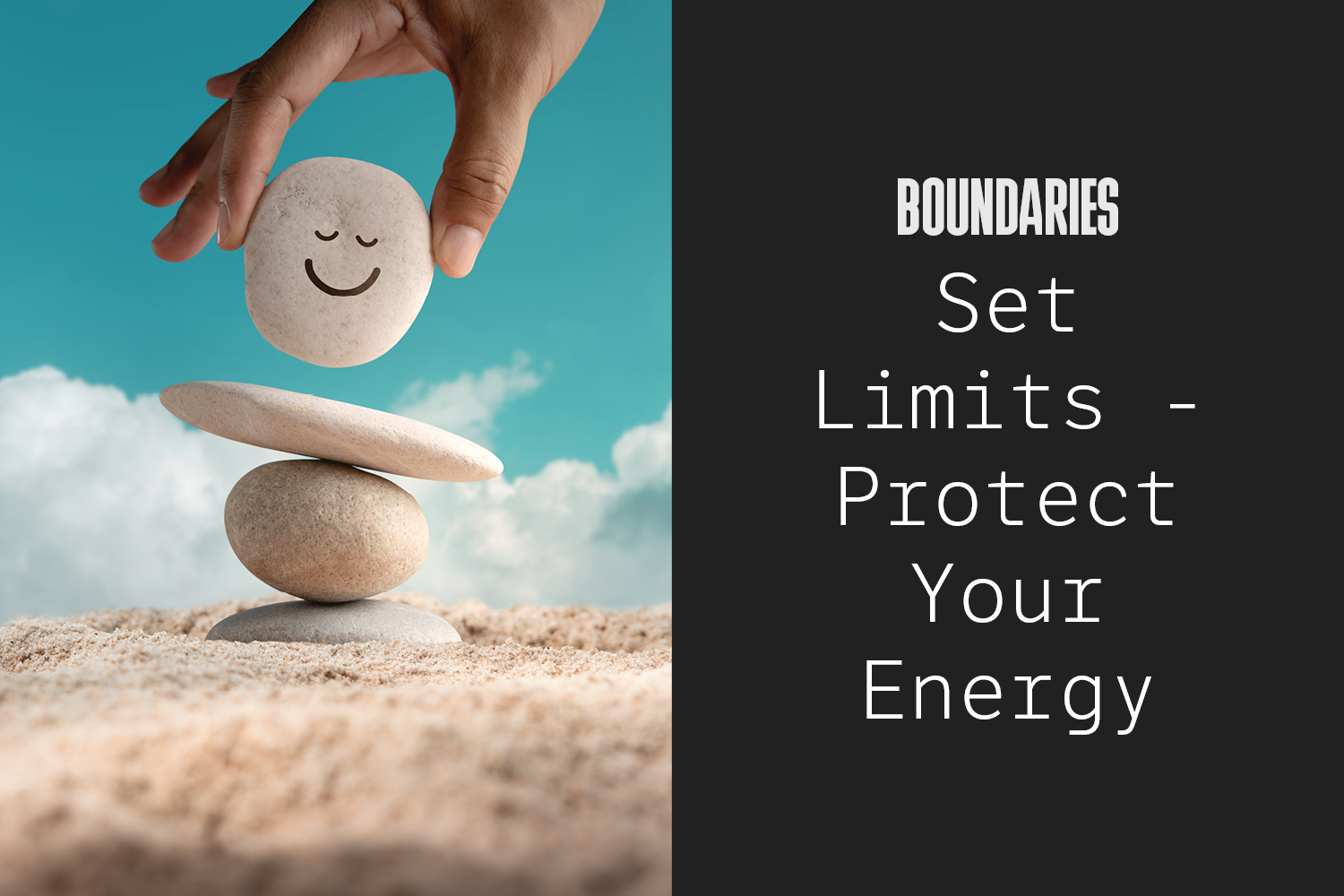Save £40 on initial consultations

In a culture constantly pushing for more—more achievement, more productivity, more growth—it becomes difficult to recognise your limit.
We are often applauded for pushing through exhaustion, sacrificing personal time for professional gain, and always striving for the next level.
But there’s a point where healthy ambition spills into harmful overextension.
Learning to recognise that point, to know when “enough is enough,” isn’t about giving up. It’s about wisdom, self-preservation, and actively protecting your well-being.
Your body is designed for periods of effort followed by rest and recovery.
When you constantly push without adequate downtime, you build a physical debt your body desperately struggles to repay. This isn’t just tiredness; it’s deep fatigue that impacts your hormones, nervous system, and cellular repair.
It can appear as ongoing muscle tension, low immunity, appetite changes, or disrupted digestion.
These symptoms are clear signals that your body is overstretched. Ignoring them in the name of productivity leads to burnout, injury, and long-term health issues.
Ambition can be a powerful force when it energises you and gives your work meaning.
Healthy ambition includes rest, enjoyment, and a sense of genuine progress. It stems from purpose, not pressure.
Harmful overextension often stems from fear, insecurity, or the relentless need for external validation. It feels draining rather than energising. You might lose joy in the process, neglect your basic needs, and feel detached from your original purpose.
The difference isn’t always obvious, but paying attention to how your body and mind respond is crucial.
Your body has its own way of speaking to you.
Are you constantly tired, even after a full night’s sleep? Have you become more irritable or withdrawn? Are you relying on caffeine or sugar to simply get through the day?
Have you lost interest in things you used to enjoy? Do you notice persistent physical symptoms like tension, headaches, or gut discomfort? These aren’t just inconveniences; they are red flags.
Ignoring them is like ignoring a warning light on your dashboard. Sooner or later, something gives. Learning to listen to these signs requires awareness and deep respect for your limits.
Balance doesn’t mean stepping away from ambition. It means powerfully pairing it with care and awareness.
Your worth isn’t measured by how much you do or how long you go without rest. Rest is productive. Stillness is necessary.
Balancing effort and recovery means adjusting your output based on what life demands and what your body needs.
Say no to commitments that stretch you too thin. Set realistic expectations. Schedule downtime the same way you schedule meetings, and treat it as essential, not optional.
Real, lasting success isn’t about pushing harder. It’s about sustaining your energy over time. This means working with intention, not just effort.
Delegate where possible. Focus on tasks that have the most impact. Actively protect your time and energy.
Respect your body’s need for recovery. Taking time to recharge doesn’t slow your progress; it dramatically strengthens it.
You return with clarity, focus, and creativity. You make better decisions. You feel better in yourself.
Learning when enough is enough is a vital skill and a profound act of self-respect.
By listening to your body, spotting the signs of overload, and building recovery into your life, you create a foundation for real success—the kind that doesn’t come at the cost of your health or peace of mind.
Unit 1B, Beacon House, Northumberland Road, Southsea, Portsmouth PO5 1DS
Branding & website design by theshapingbay.com